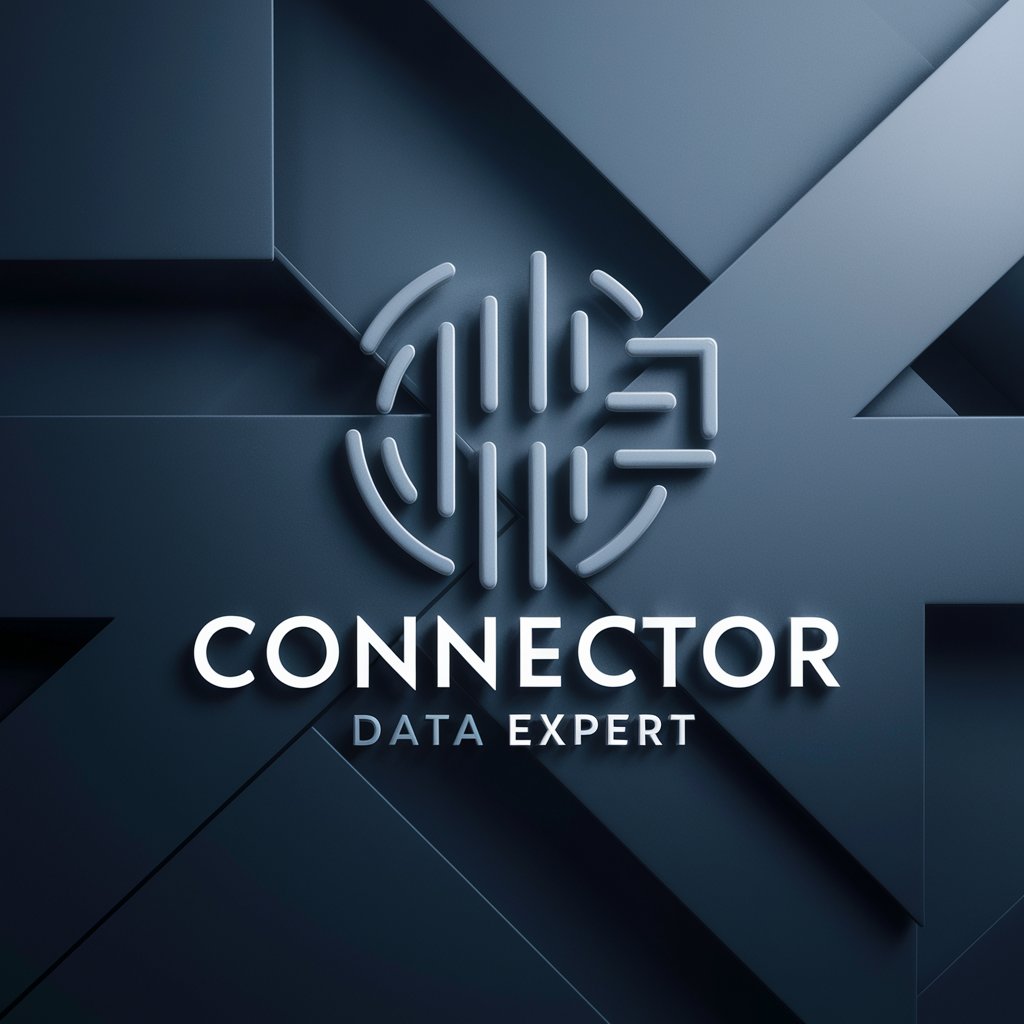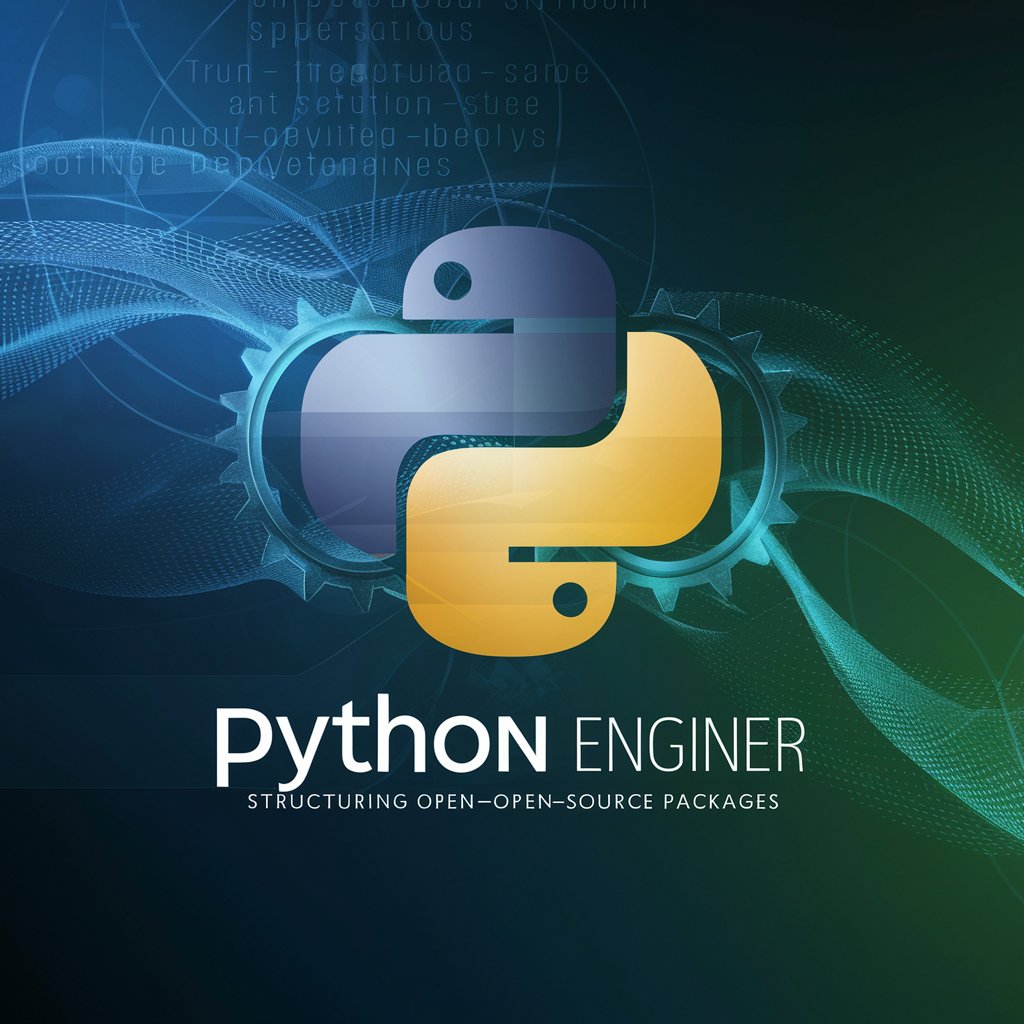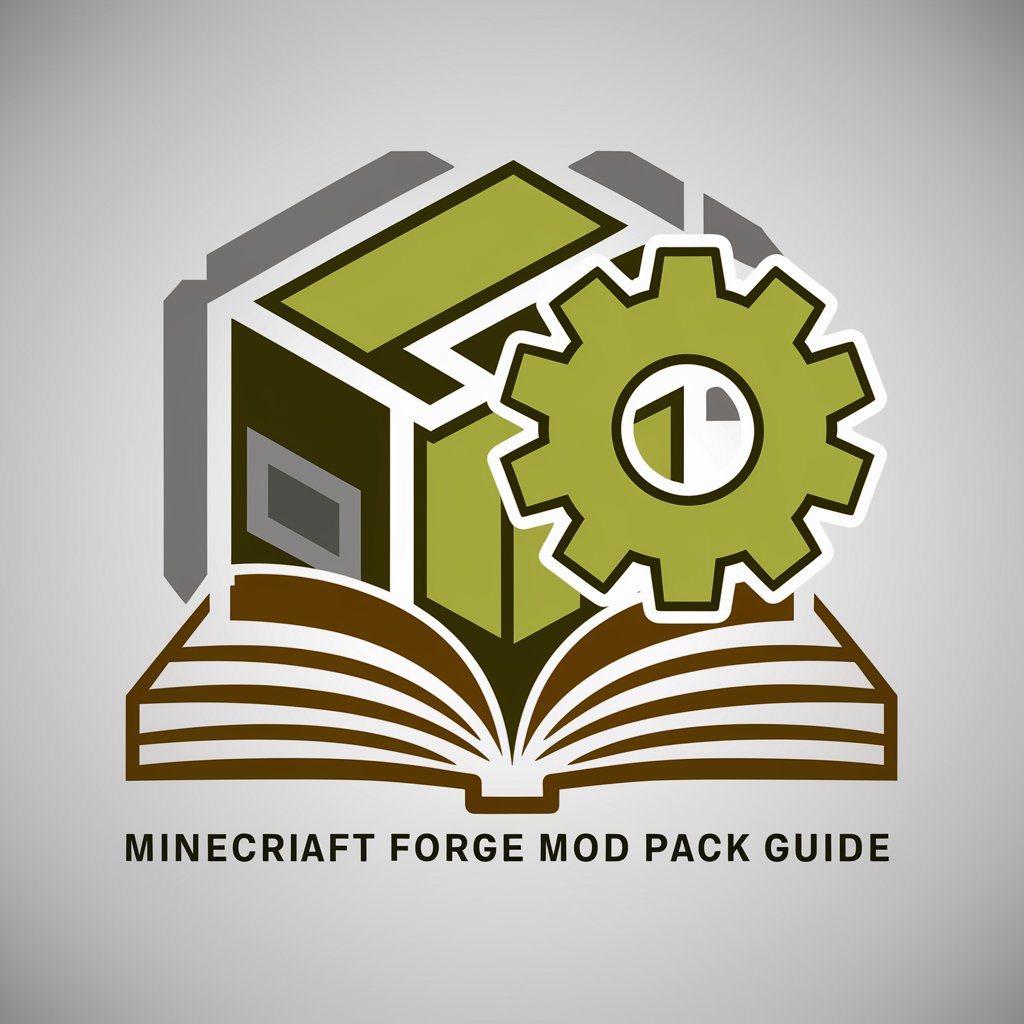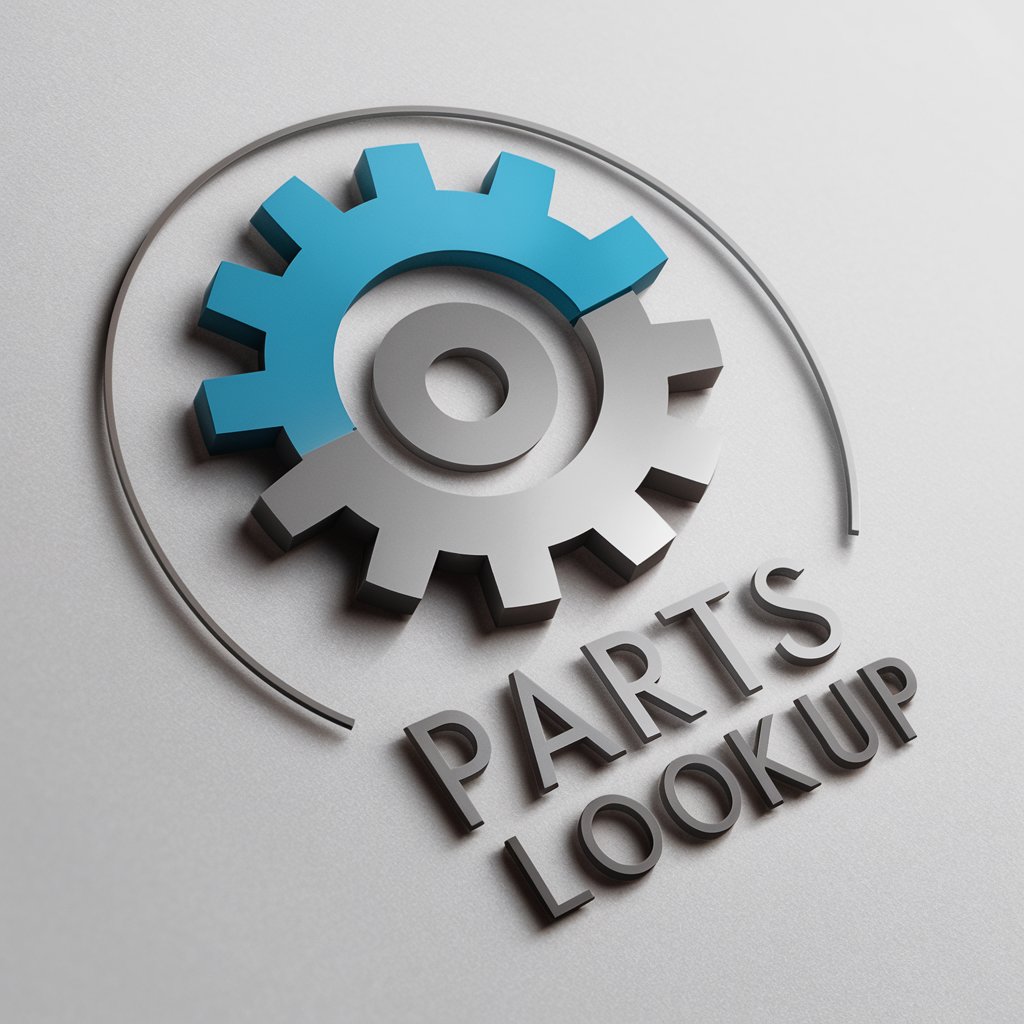4 GPTs for Compatibility Checking Powered by AI for Free of 2026
AI GPTs for Compatibility Checking are advanced artificial intelligence tools designed to assess and ensure compatibility across various systems, platforms, applications, or any entities requiring harmony to function together. Leveraging Generative Pre-trained Transformers, these tools utilize deep learning algorithms to analyze and predict compatibility issues, offering solutions and recommendations. They are essential in environments where seamless integration is critical, providing a smart, efficient way to preemptively address potential compatibility challenges.
Top 4 GPTs for Compatibility Checking are: Connector Data Expert,Python Packager,Forge Mod Pack Guide,Parts Lookup
Connector Data Expert
Powering Connections with AI Insight

Python Packager
Streamlining Python packaging with AI

Forge Mod Pack Guide
Craft Your Minecraft Experience with AI-Powered Mod Guidance

Parts Lookup
AI-powered Part Identification and Compatibility Checker

Essential Characteristics & Capabilities of Compatibility AI Tools
These GPTs tools are distinguished by their adaptability, supporting a range of functions from straightforward compatibility checks to complex problem-solving tasks. Key features include: advanced language understanding for interpreting compatibility requirements, technical support for diagnosing and resolving issues, web searching capabilities for up-to-date solutions, image creation for visual compatibility representations, and data analysis to support decision-making. These tools are designed to evolve with the systems they serve, ensuring they remain effective as new compatibility challenges arise.
Who Benefits from Compatibility Checking AI?
The primary users of AI GPTs for Compatibility Checking include novices seeking easy-to-use solutions, developers requiring advanced diagnostic tools, and professionals in IT, engineering, and product development. These tools are accessible to users without programming skills, offering intuitive interfaces, while also providing rich customization options for those with coding knowledge. This dual approach ensures a broad range of users can benefit from these AI capabilities.
Try Our other AI GPTs tools for Free
Social Entrepreneurship
Discover how AI GPTs for Social Entrepreneurship are revolutionizing social impact initiatives, offering scalable, tailored solutions for data analysis, content creation, and stakeholder engagement.
Media Processing
Discover how AI GPTs for Media Processing are revolutionizing content creation, editing, and analysis with advanced AI capabilities tailored for the media industry.
Cloud Transcoding
Discover the future of media processing with AI GPTs for Cloud Transcoding, offering scalable, efficient, and high-quality media format conversion.
Extreme Weather
Discover AI-powered insights into extreme weather with our advanced GPT tools, designed to predict, analyze, and mitigate the impacts of severe weather conditions efficiently.
Eco-Friendly Gear
Discover how AI GPTs for Eco-Friendly Gear harness advanced AI to promote sustainability, enhancing operations and fostering eco-friendly product development.
Behavior Motivation
Discover how AI GPTs for Behavior Motivation can revolutionize personal development, education, and productivity with tailored, interactive strategies to achieve your goals.
Expanding Horizons with Compatibility AI
AI GPTs for Compatibility Checking are not just problem-solvers; they are enablers of innovation, allowing industries to integrate new technologies seamlessly and with confidence. Their user-friendly interfaces and potential for system integration make them a versatile tool across sectors, fostering a more interconnected and efficient technological ecosystem.
Frequently Asked Questions
What are AI GPTs for Compatibility Checking?
AI GPTs for Compatibility Checking are intelligent tools designed to evaluate and ensure seamless interaction between different systems, platforms, or applications, utilizing deep learning to predict and address potential compatibility issues.
How do these tools adapt to different compatibility challenges?
These tools use advanced algorithms to learn from a wide range of data sources, allowing them to adapt to new or evolving compatibility issues, ensuring they can offer relevant solutions across various scenarios.
Can non-technical users utilize these AI GPTs effectively?
Yes, these tools are designed with user-friendly interfaces that allow non-technical users to easily navigate and use them for basic compatibility checking tasks.
What customization options are available for developers?
Developers can access APIs and scripting options to tailor the AI GPTs' functionality, integrate them into existing systems, or develop new applications to meet specific compatibility checking needs.
How do these AI tools stay updated with new compatibility standards?
The AI models behind these tools continuously learn from a vast array of data sources, including updated standards and guidelines, ensuring they remain effective as compatibility requirements evolve.
Can these tools predict future compatibility issues?
Yes, by analyzing trends and using predictive algorithms, these AI tools can forecast potential compatibility problems, allowing for proactive measures to avoid them.
Are there any sectors where these AI GPTs are particularly beneficial?
These tools are especially useful in IT, software development, consumer electronics, and any field where integrating new technologies or updates is frequent, requiring consistent compatibility checks.
What support is available for users of these tools?
Support ranges from online documentation and tutorials for novices to technical support hotlines and community forums for more advanced users and developers.